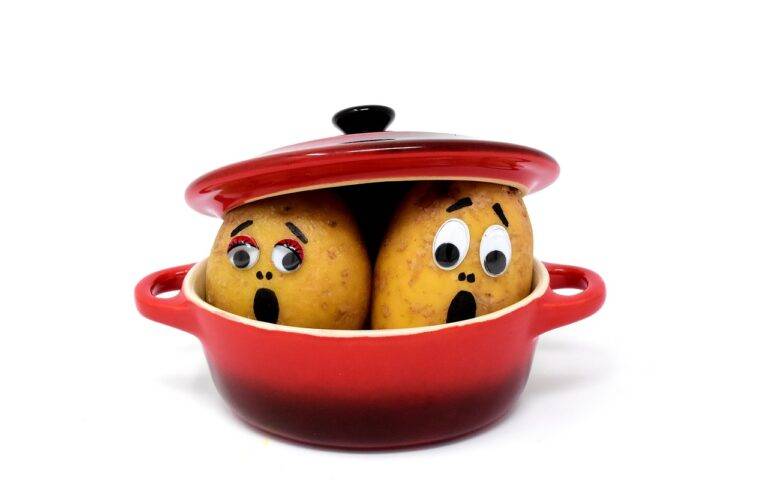How Blockchain is Revolutionizing Food Supply Chains
Blockchain technology has emerged as a promising solution for enhancing the traceability of food products throughout the supply chain. By leveraging blockchain, various stakeholders including farmers, distributors, retailers, and consumers can access real-time information about the origin and journey of food products. This transparency helps in building trust among consumers regarding the quality and authenticity of the food they consume.
Moreover, blockchain technology enables the implementation of smart contracts that automate the verification and validation processes in food traceability. This automation eliminates the need for manual record-keeping and reduces the risks of errors or fraud along the supply chain. As a result, the efficiency of tracking food products is significantly improved, leading to faster response times in case of product recalls or quality issues.
• Blockchain technology enhances traceability of food products throughout the supply chain
• Stakeholders can access real-time information about origin and journey of food products
• Transparency builds trust among consumers regarding quality and authenticity of food
• Implementation of smart contracts automates verification and validation processes in food traceability
• Automation eliminates need for manual record-keeping and reduces risks of errors or fraud
Benefits of Using Blockchain in Food Supply Chains
Blockchain technology has revolutionized the way we track and trace food throughout the supply chain. By utilizing blockchain, each transaction and movement of food products can be securely recorded in a transparent and immutable ledger. This not only ensures the authenticity and safety of food products but also helps in detecting and resolving any issues or discrepancies quickly.
One of the key benefits of using blockchain in food supply chains is enhanced traceability. With blockchain, consumers can access detailed information about the journey of their food products, from farm to fork. This increased transparency instills trust among consumers, as they can verify the origin, quality, and authenticity of the food they purchase. Moreover, in case of any food safety issues or recalls, blockchain technology allows for swift and precise identification of the affected products, leading to faster response times and minimizing the impact on public health.
Enhancing Transparency in Food Distribution with Blockchain
Blockchain technology is revolutionizing the way transparency is achieved in the food distribution industry. By leveraging the decentralized and immutable nature of blockchain, every step of the food supply chain can be securely recorded and accessed by stakeholders. This increased transparency helps to build trust among consumers and ensures the authenticity and quality of the products they purchase.
Through the use of blockchain in food distribution, information regarding the origin of products, handling processes, and storage conditions can be easily verified. This enables consumers to make informed decisions about the food they consume, leading to a higher level of accountability among suppliers and distributors. Additionally, blockchain technology provides a reliable way to quickly trace and recall products in the event of a food safety issue, ultimately enhancing the overall safety and efficiency of food distribution.
What is blockchain technology?
Blockchain technology is a decentralized, distributed ledger system that records transactions across multiple computers in a secure and transparent manner.
How does blockchain enhance transparency in food distribution?
By using blockchain, all parties involved in the food supply chain can track and verify the origin, journey, and handling of food products, ensuring transparency and accountability.
What are the benefits of using blockchain in food supply chains?
Some benefits of using blockchain in food supply chains include improved traceability, reduced food fraud, enhanced food safety, and increased consumer trust.
How does blockchain technology improve food traceability?
Blockchain technology allows for the recording of each step in the food supply chain, from farm to table, providing a transparent and immutable record of a food product’s journey.
Can blockchain technology prevent food recalls?
While blockchain technology cannot prevent food recalls entirely, it can help to quickly identify and isolate contaminated products, reducing the scope and impact of food recalls.







